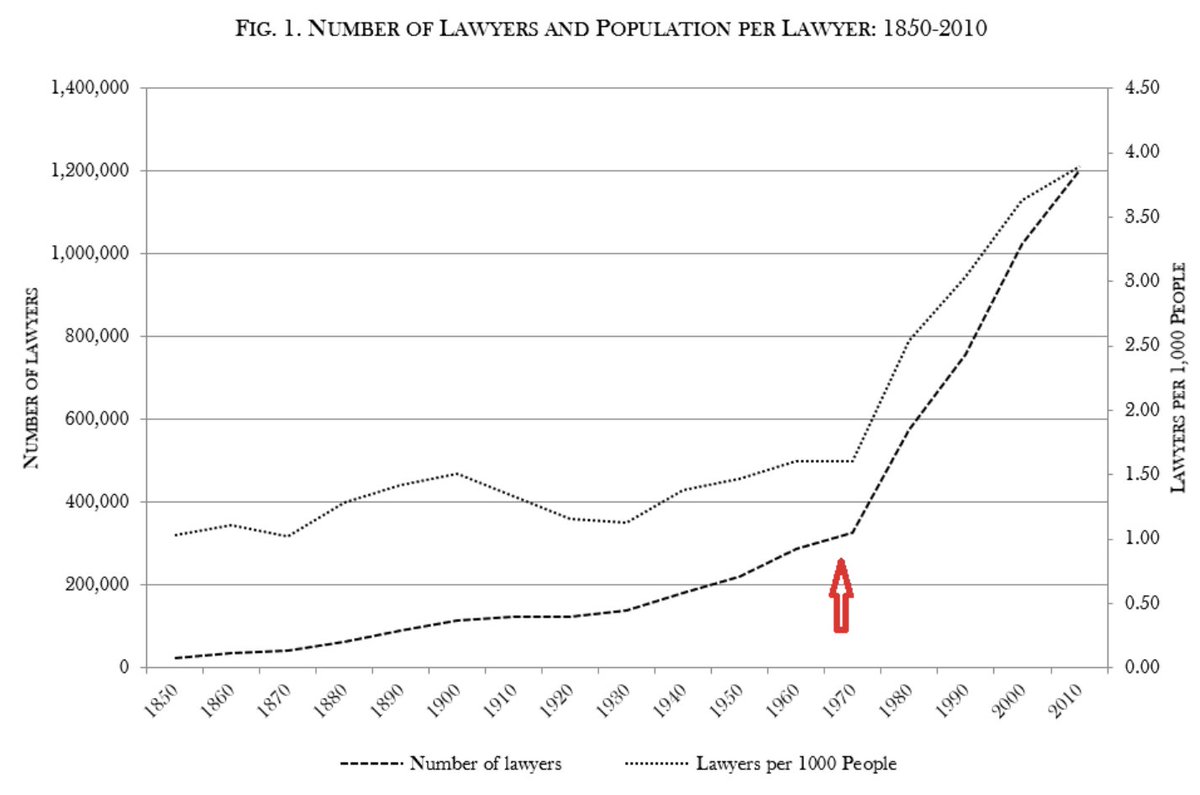That website is both blessing & curse. It is a blessing to all of us who think this is one of the great questions of our time. The problem with it is that it hijacks the mystery to make it about (August) 1971, the gold standard & fiat when what happened is even more profound. twitter.com/esaagar/status…
What's your favorite theory of what happened in the late 60s/early 70s that caused so many trends to abruptly change course? wtfhappenedin1971.com pic.twitter.com/35G0K8PlBX

Stagnation in a tweet: Late 19th–early 20th c.: Oil, electricity, chemical engineering, germ theory, all going on at once. Mid–late 20th c.: Information/communication technology… and that's about it. Nuclear & space aborted. Genetics & nanotech not yet arrived.
1/ Recently finished "Where’s my Flying Car - A memoir of Futures Past" by J Storrs Hall. It's simultaneously extremely critical of the state of atom-based technology and presents a precise and aggressively optimistic vision of possible futures. BOOK REPORT THREAD 🧵

- Great review of the book "Where’s my Flying Car"
- Points/quotes
- Coupling between energy+power and technological paradigm shifts is surprisingly tight.
- Machiavelli Effect - "There is nothing more difficult than to take the lead in the introduction of a new order of things. To have for enemies all those who have done well under the old conditions, and lukewarm defenders who may do well under the new."
- R&D Funding may be anti-correlated with quality of life improvements.
- Clarke's Law - "When a elder preeminent scientist says that something is impossible, he’s probably wrong. When a elder preeminent scientist says something might be possible, he’s probably right."
- More phDs and more spending on education is probably not the solution.
- "When people with dim views of the future have power bad things happen."
- There's a potential correlation between decreasing process knowledge and risk aversion.




